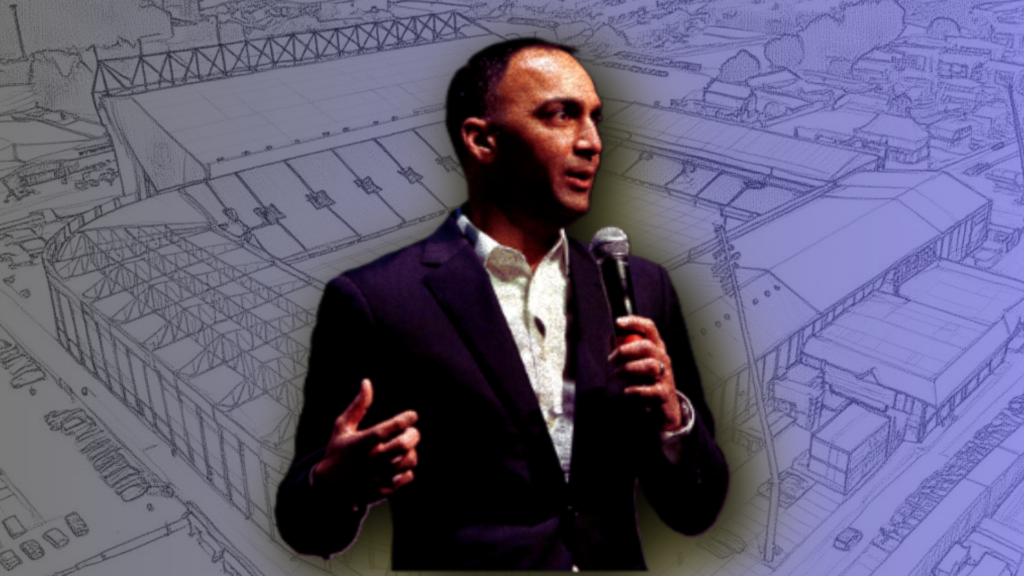Leeds United have swapped architecture firms as they forge ahead with the long anticipated expansion of Elland Road.
Spirits are high in this corner of West Yorkshire, with Leeds United having started the Premier League season relatively strongly going into the international break.
The same can’t be said at 49ers Enterprises’ other football venture, Rangers, where Russell Martin has overseen a cataclysmic start to 2025-26. He has become the first manager ever to be sacked by 49ers.


The American private equity-adjacent investment firm led by Paraag Marathe bought Rangers alongside Andrew Cavenagh for the same reasons that first drew them to Elland Road way back in 2018.
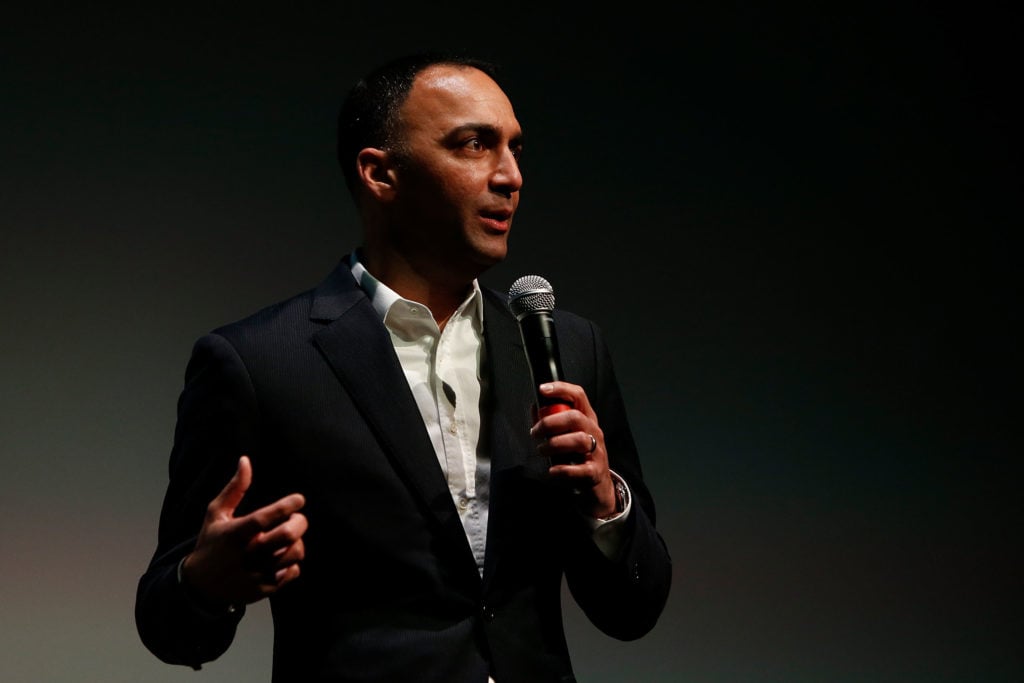 Photo by Lachlan Cunningham/Getty Images
Photo by Lachlan Cunningham/Getty Images
The 49ers see the opportunity for huge scale at both clubs. With Leeds, as TBR Football exclusively revealed earlier this year, they are targeting a £1bn valuation.
However, both clubs are what football finance experts might call fixer-uppers.
Even in the Championship, Leeds’ commercial income was the envy of most teams in Europe, but the 49ers thought a more sophisticated strategy could grow that revenue stream far, far more.
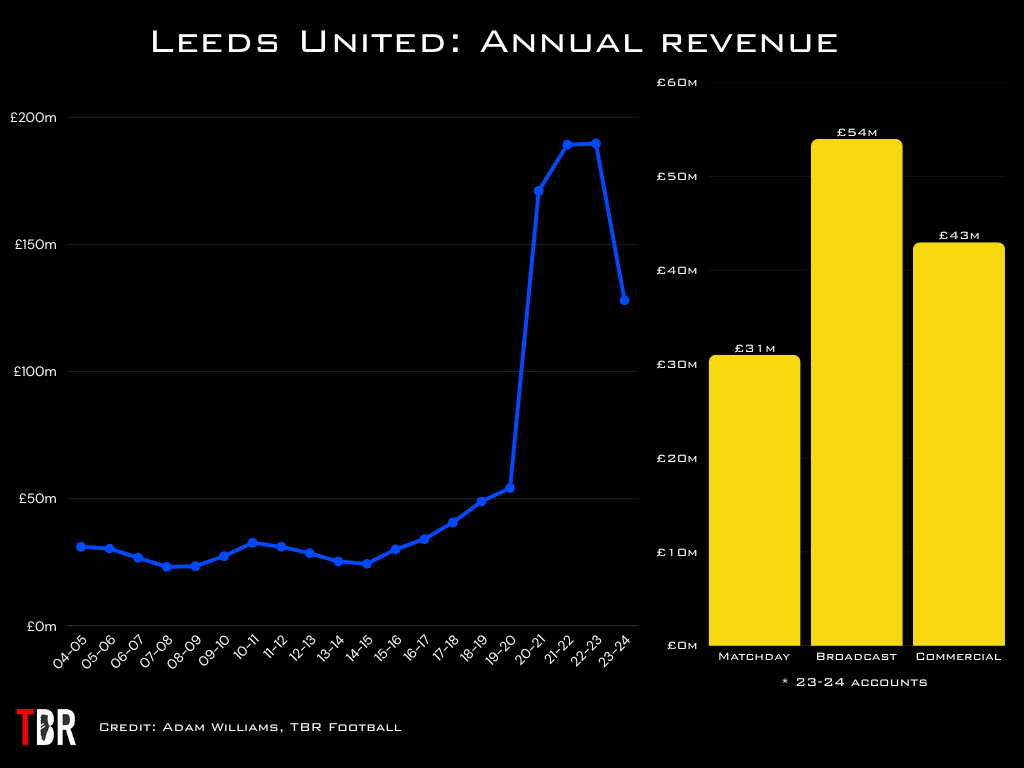 Leeds United revenue chart
Leeds United revenue chart
Credit: Adam Williams/TBR Football/GRV Media
See also: matchday income. In their most recent set of accounts, Leeds showcased gate receipts of £31m. In the Premier League, that will increase significantly.
But the club has been unable to satisfy demand to anywhere near the extent that they would like, hence why they are plunging £150m-plus into the expansion of Elland Road.
Working with local stadium designers could be positive for Leeds
Leeds are set to increase capacity at Elland Road from just under 38,000 to beyond 53,000.
They have a fully-costed plan to get them there, and the 49ers have unveiled renderings of what the stadium expansion – which focuses primarily on the West and North Stands – will look like once complete.
But in news that was received with some surprise last week, the club have awarded the contract to deliver the Elland Road 2.0 to BDP, despite KSS Design Group having created the blueprints for the project.
Significantly, the fact that BDP are a local firm with an office just a few miles from the stadium has been cited as a factor in Leeds’ decision.
“There are benefits to partnering with a local firm,” says Liverpool University football finance lecturer Kieran Maguire, speaking exclusively to TBR Football.
“They might be building on an existing relationship. You get an extra element of trust with a local firm, who will probably be able to understand the identity of Leeds United and their individual needs.
“Look at it this way… Three years ago, no one would have believed you if you said that a local firm like Hill Dickinson would have the naming rights for Everton’s new stadium, they would have laughed at you. But that tells you that there are synergies for both parties when you’re working with a local firm.
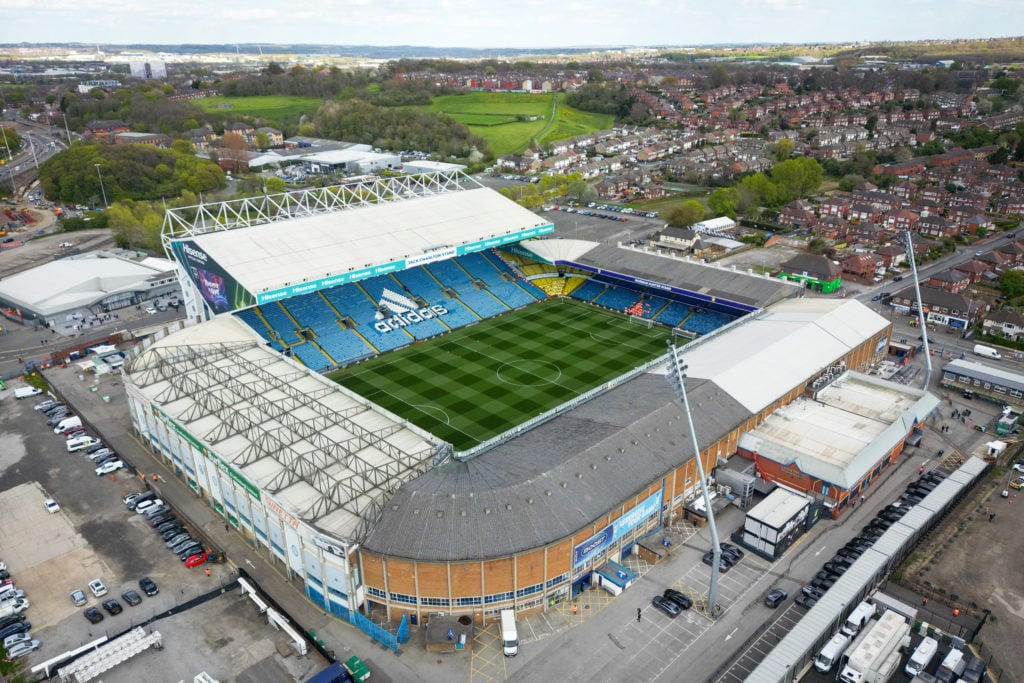 Photo by Michael Regan/Getty Images
Photo by Michael Regan/Getty Images
“Leeds United might be able to offer the firm the chance to entertain guests in a box at Elland Road. They will have a vested interest in the stadium and engage with it after it’s built.
“From a pricing point of view, using somebody local means you might not have some of the third-party costs that you might otherwise have had to bear.”
How Leeds’ matchday income compares to Premier League rivals
As mentioned, Leeds earned £31m through the turnstiles in the last published financial year, 2023-24.
However, that will have risen in 2024-25. And despite having fewer matches at Elland Road in a Premier League season, the club will almost certainly set a new matchday income record this term.
But the 49ers are conscious of how big the gap is between the likes of themselves and the so-called Big Six, who each now aim for £100m or more in ticketing income every season.
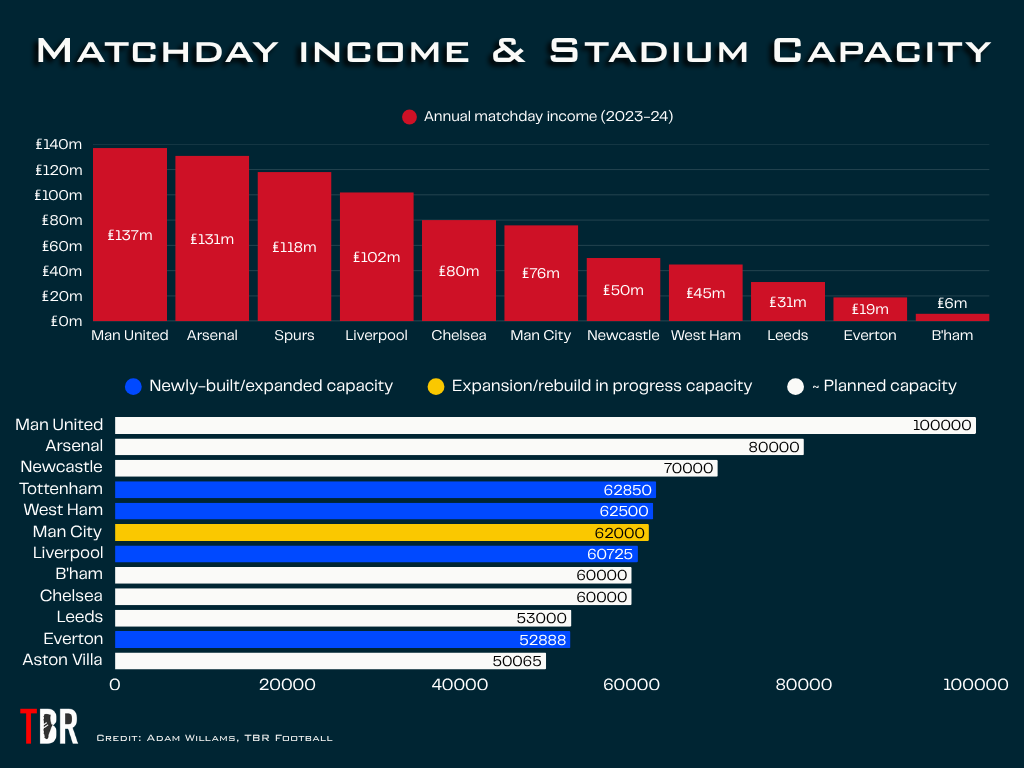 Matchday income and stadium capacities chart
Matchday income and stadium capacities chart
Credit: Adam Williams/TBR Football/GRV Media
In Leeds’ peer group, Newcastle and West Ham earned £50m and £45m respectively in 2023-24, while Everton were on £19m, though that will likely more than double at their new stadium.
And given that most clubs, including Leeds under the 49ers, want their clubs to be broadly self-sufficient, every extra penny earned on a matchday is another penny to be reinvested in the club.
